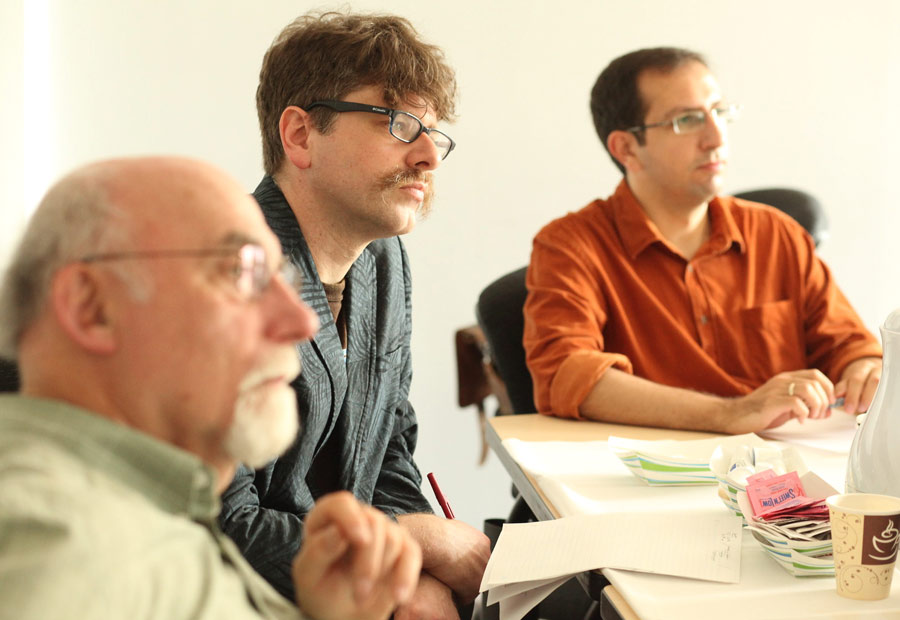Austerity workshop encourages interdisciplinary exchange of ideas across Canada


On May 18th, the McMaster Austerity Research Group held a day-long workshop that looks at how austerity measures are remaking the political geography.
In the aftermath of the global financial crisis of 2007 austerity is often viewed as the new normal. Governments curtail spending in an attempt to control public sector debt. In turn, prolonged budgetary austerity can and has, reshaped the political landscape.
Recently, researchers from across Canada gathered at McMaster for the shared purpose of discussing the complex and wide reaching effects of austerity.
The group asked challenging questions such as “Do national governments try to offload responsibility to provinces and cities?” or “Can social movements act at the urban scale to contest cuts and propose alternatives?”
“If budgetary cuts are changing the state, then they’re also changing relationships between central and local governments”, says Peter Graefe (Political Science), “Budget cuts effect how social movements strategize about where to organize and present demands.”
Highlights of the workshop included presentations on “Austerity and Age Friendly Cities in Toronto”, Meghan Joy (Concordia), “Financialized Fiscal Restraint: more debt, less spending, municipal distress .”, Heather Whiteside (Waterloo) and “When (anti-austerity) voices encourage exit: the politics of sub-state nationalism in Quebec & Scotland since 2008”, Hubert Rioux (McMaster).
The Austerity Research Group is a SSHRC-funded, interdisciplinary research group investigating the theory, practice and results of austerity policies. It includes members from seven social science disciplines.

